NEWS at Quanex
See the latest news, posts and events from Quanex about our business, the industry, our people and more.
The Ultimate Guide to Choosing the Best Window Screen Hardware for Your Home
When it comes to enhancing the comfort and functionality of your home, the often-overlooked aspect of window screens can make a significant difference. The right window screen hardware not only plays a critical role in the overall effectiveness of your screens but also contributes to the aesthetic appeal of your living space.
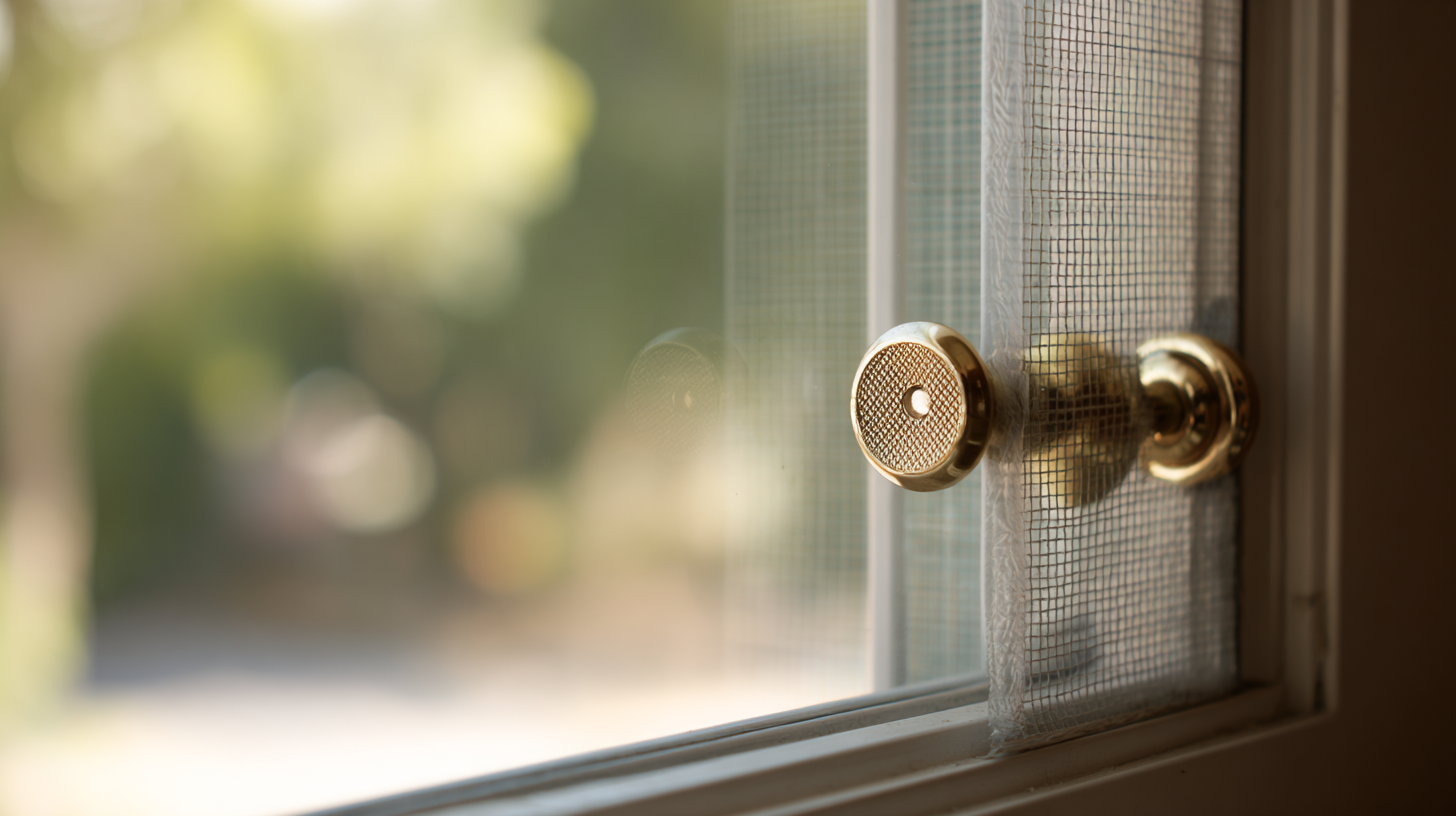 With a plethora of options available on the market, selecting the best window screen hardware can be a daunting task. In this ultimate guide, we will delve into the various types of window screen hardware, their unique features, and how to choose the right fit for your windows.
Whether you are looking to improve your home's ventilation, keep insects at bay, or simply elevate your interior design, understanding the nuances of window screen hardware is essential.
Let's explore the key considerations and options available to help you make an informed decision that meets your needs and enhances your home's environment.
With a plethora of options available on the market, selecting the best window screen hardware can be a daunting task. In this ultimate guide, we will delve into the various types of window screen hardware, their unique features, and how to choose the right fit for your windows.
Whether you are looking to improve your home's ventilation, keep insects at bay, or simply elevate your interior design, understanding the nuances of window screen hardware is essential.
Let's explore the key considerations and options available to help you make an informed decision that meets your needs and enhances your home's environment.
Types of Window Screen Hardware for Every Need
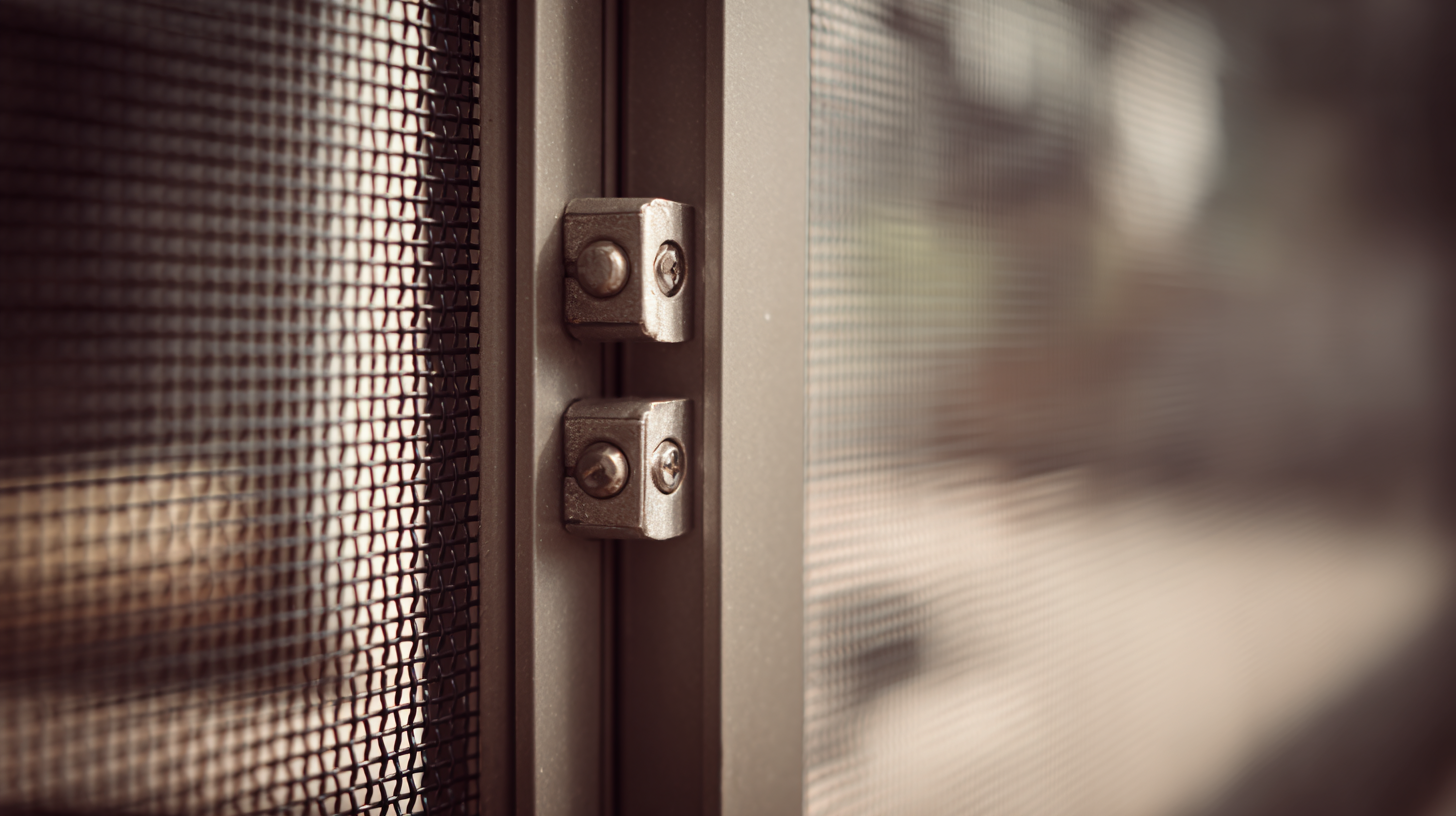 When selecting window screen hardware for your home, understanding the various types available is essential to meet your specific needs. One common option is the standard screen frame, which is typically made from aluminum or vinyl and is designed to hold insect mesh securely in place. Ideal for most residential windows, these frames come in customizable sizes and colors, allowing homeowners to match them seamlessly with their existing decor.
When selecting window screen hardware for your home, understanding the various types available is essential to meet your specific needs. One common option is the standard screen frame, which is typically made from aluminum or vinyl and is designed to hold insect mesh securely in place. Ideal for most residential windows, these frames come in customizable sizes and colors, allowing homeowners to match them seamlessly with their existing decor.
For those seeking additional protection against pests while maximizing airflow, retractable screens are an excellent choice. These innovative systems allow you to pull down the mesh screen when needed and retract it back into a housing unit when not in use. This convenience not only enhances the aesthetic of your windows but also prolongs the life of the screen material.
Additionally, specialty screen hardware, such as pet-resistant or solar screens, provides added durability and energy efficiency, catering to households with pets or those wishing to minimize solar glare. Each type of window screen hardware offers unique benefits, making it crucial to evaluate which best suits your home and lifestyle.
Factors to Consider When Selecting Window Screen Hardware
When selecting window screen hardware for your home, there are several key factors to consider. First and foremost is the type of material. Options range from aluminum to fiberglass, each with its own advantages in terms of durability and aesthetics. Aluminum is known for its longevity, while fiberglass offers flexibility and ease of installation.
**Tips:** When choosing a material, consider the climate in your area. For instance, aluminum might be the preferable option for regions with heavy storms, while fiberglass is great for areas with less severe weather conditions.
Another crucial aspect is the screen size and fit. Ensuring that your window screens fit properly is essential for both functionality and aesthetics. Measure your window dimensions accurately before purchasing hardware. Additionally, consider whether you need custom sizes for non-standard windows or if a standard size will suffice.
**Tips:** Always double-check measurements and account for any obstructions, like window cranks or handles, that could affect fit. This will save you time and effort in the installation process.
Comparison of Materials Used in Window Screen Hardware
When selecting window screen hardware for your home, the choice of materials plays a crucial role in ensuring durability, functionality, and aesthetic appeal. Common materials include aluminum, vinyl, and fiberglass, each offering distinct advantages. Aluminum frames are known for their strength and resistance to rust, making them ideal for long-lasting installations. They also come in various finishes, allowing for customization to match your home décor.
On the other hand, vinyl is lightweight and often more affordable, making it a popular choice for homeowners on a budget. However, vinyl may not be as robust as aluminum in extreme conditions. Fiberglass screens are another excellent option; they provide good visibility and airflow while offering resistance to tears and damage. Understanding the properties of these materials can help you make an informed decision, ensuring that your window screen hardware meets your specific needs and preferences.
The Ultimate Guide to Choosing the Best Window Screen Hardware for Your Home - Comparison of Materials Used in Window Screen Hardware
| Material | Durability | Cost | Ease of Installation | Maintenance |
|---|---|---|---|---|
| Aluminum | High | Medium | Easy | Low |
| Fiberglass | Medium | Low | Moderate | Medium |
| Stainless Steel | Very High | High | Difficult | Low |
| Vinyl | Medium | Low | Easy | Medium |
| Bronze | High | High | Moderate | Medium/High |
Installation Tips for Different Types of Window Screen Systems
When it comes to installing window screen systems, the right hardware can make a world of difference in ease and durability. One important tip to consider is selecting the appropriate type of screen material that suits your needs. For instance, fiberglass screens are lightweight and resistant to rust, making them ideal for many home applications, while aluminum screens provide increased strength and durability, perfect for high-traffic areas.
Another key point during installation is ensuring you have the correct tools and measurements. Accurately measuring your window frames will help you cut your screen material to size without waste. Using a staple gun for securing the screen fabric to the frame can provide a sturdy hold, while incorporating corner brackets can enhance stability, especially in larger windows. Don’t forget to allow for some tension in the screen; this not only helps with easy installation but also prolongs the life of the screen as it can adapt to temperature changes without warping.
Lastly, consider the ease of maintenance when choosing your window screen systems. Opt for hardware that allows for quick removal and reinstallation. This feature can make cleaning your screens a breeze, ensuring your windows stay clear and your home remains inviting. Choosing the right hardware and installation methods will keep your window screens functional and looking great for years to come.
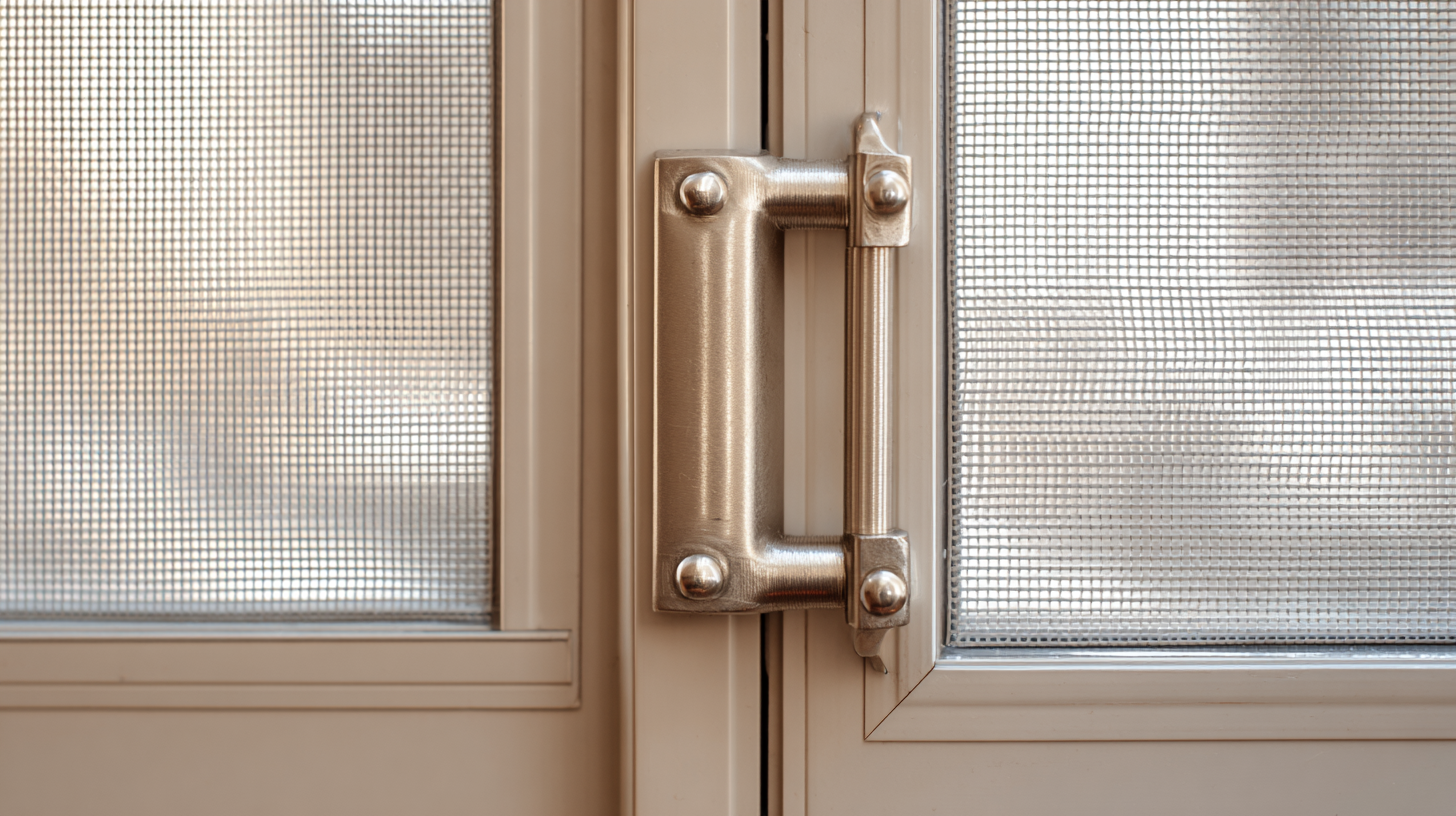
Maintenance and Care for Longevity of Window Screen Hardware
Proper maintenance and care of your window screen hardware can significantly extend its lifespan and ensure optimal performance. Regularly inspecting your screens for any signs of wear or damage is crucial. Look for frayed edges, rust on metal components, or bent frames that could impede functionality. If you spot any issues, address them promptly to prevent further deterioration.
**Tips:** To clean your window screens, remove them from their frames and gently wash with warm soapy water. Use a soft brush to eliminate dirt and debris, making sure not to damage the mesh. Rinse thoroughly and allow them to dry completely before reinstalling.
Additionally, lubricating moving parts such as hinges and tracks can prevent squeaking and sticking. Apply a few drops of silicone-based lubricant to ensure smooth operation. Also, consider using screens with UV-resistant materials to minimize the effects of sun exposure, helping your hardware maintain its appearance and functionality for years to come.
**Tips:** Store your screens in a cool, dry place during harsh weather months to prevent warping and corrosion. If possible, consider investing in removable screen frames for easier maintenance and cleaning.
The Ultimate Guide to Choosing the Best Window Screen Hardware: Maintenance and Care
Related Posts
-
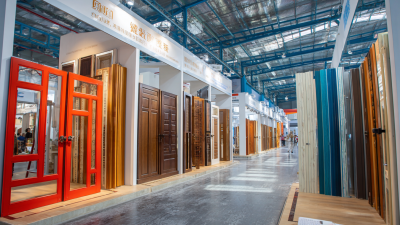
Exploring Industry Trends for Exterior Door Casing at the 2025 China Import and Export Fair
-
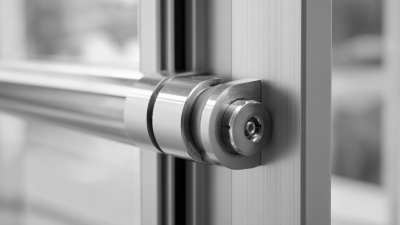
How to Enhance Energy Efficiency with Sliding Door Seals
-

Emerging Trends in Commercial Glass Industry Spotlighted at 2025 China Import and Export Fair
-

Why Choosing the Right Window Systems Can Transform Your Home’s Energy Efficiency
-

Why Choosing the Right Commercial Glass Door Can Transform Your Business Presence
-
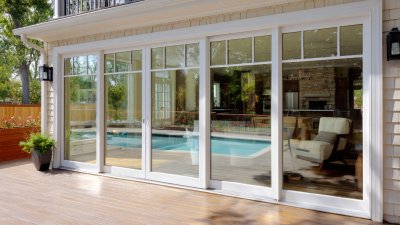
How to Choose the Perfect Exterior Sliding Glass Door for Your Home
